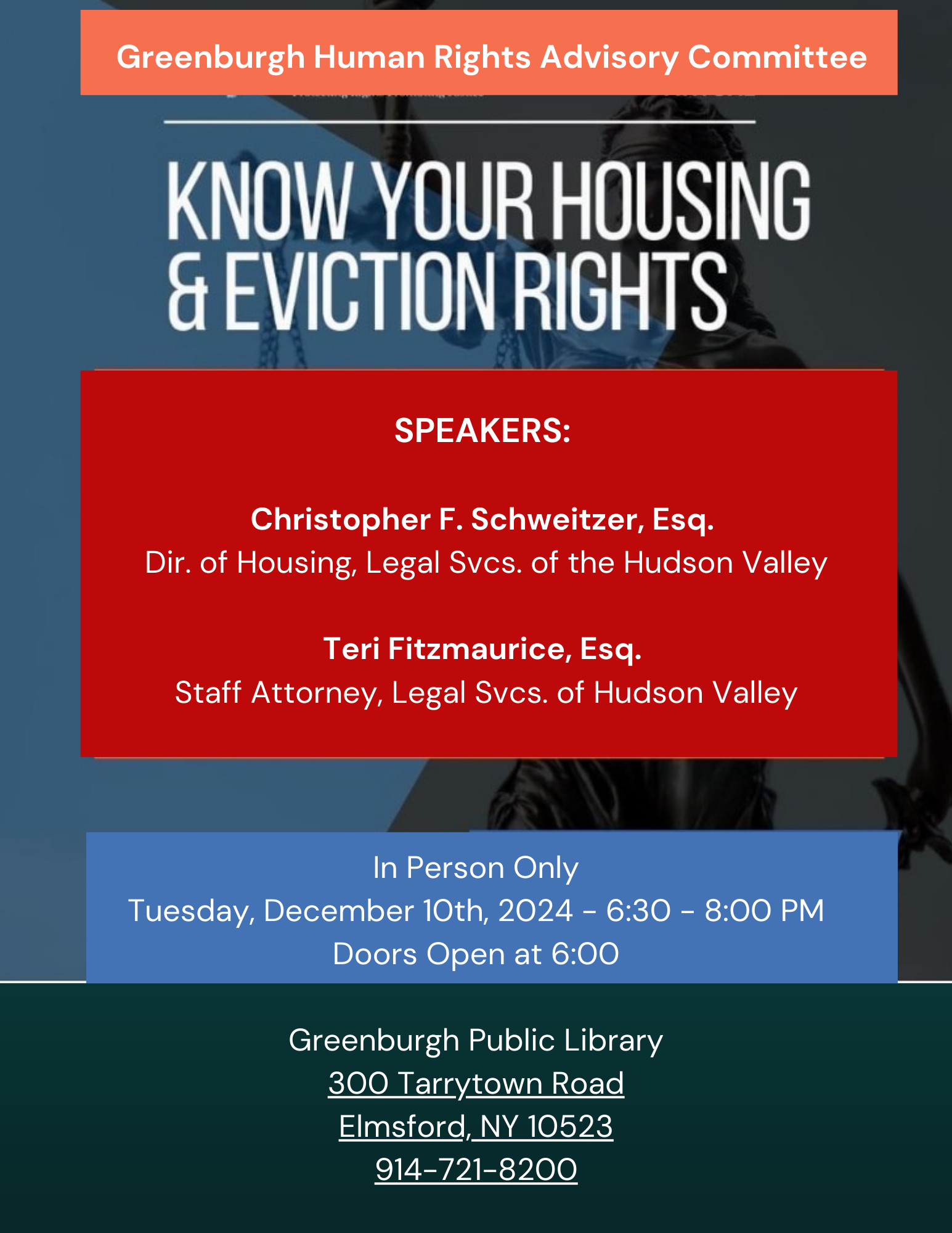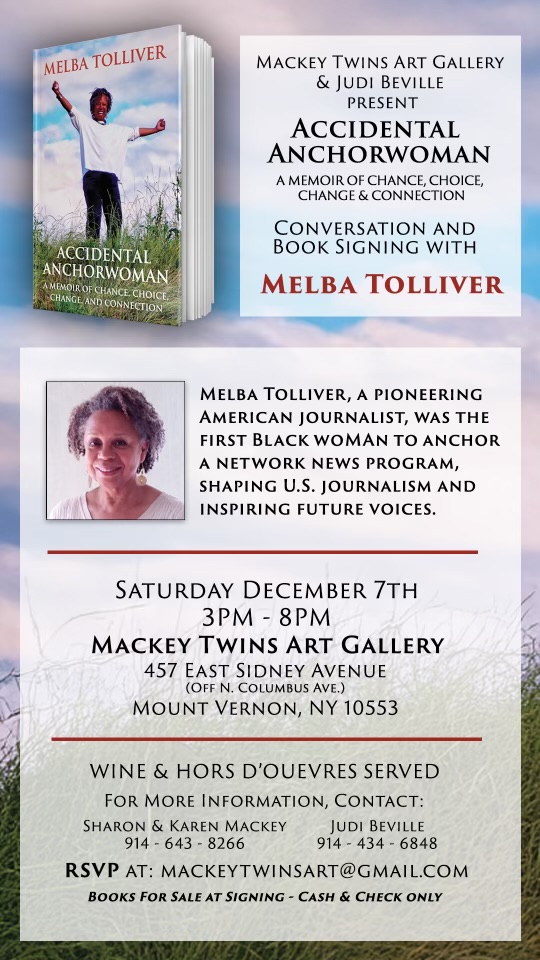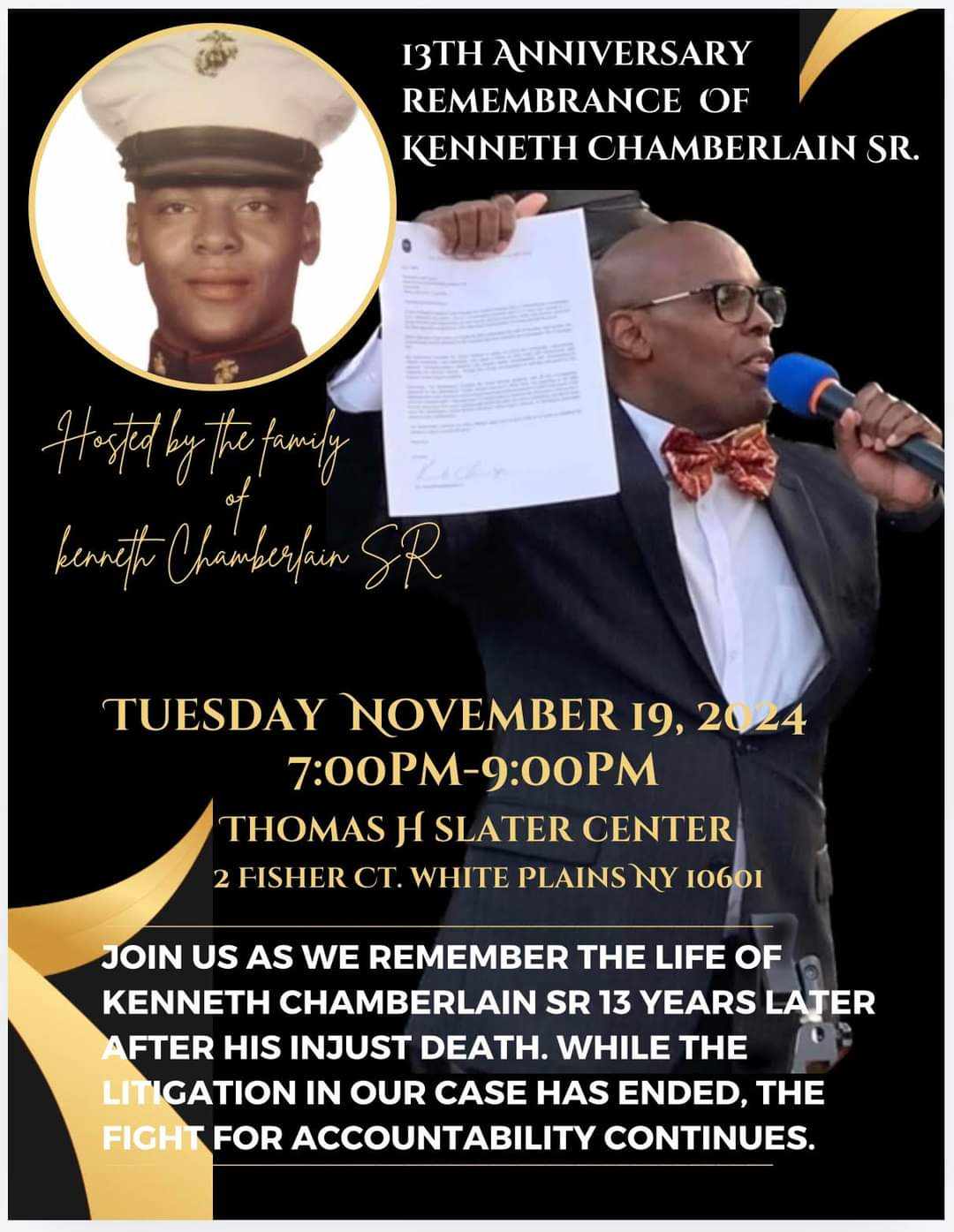Recently, a seemingly innocuous TikTok post by a user named “_monix2” triggered a discussion about the concept of a free press and the dissemination of information in the digital era. “_monix2” shared excerpts from Osama bin Laden’s “Letter to America,” a document in which the late terrorist leader justified the September 11, 2001, attacks on the United States based on its support for Israel’s actions in the Palestinian territories. Despite “_monix2” having just 371 followers, her video set off a chain reaction that exposed the complex dynamics of today’s information landscape.
On TikTok, the video gained moderate attention, with the hashtag #lettertoamerica reaching around 2 million views, which, while substantial, was relatively low for a platform boasting 150 million accounts in the United States alone. However, the situation took an unexpected turn when journalist Yashar Ali compiled these TikTok videos and shared them on Twitter. His post quickly garnered over 28 million views, and TikTok’s announcement of the ban on the hashtag and related variations only fueled the fire, with more than 15 million views on TikTok videos bearing the same tag.
This unfolding situation highlights the challenges and complexities of the modern social media landscape. Young users, many born after the 9/11 attacks, utilize fast-paced platforms designed for virality, sometimes regardless of the content’s nature.
However, attempts to suppress such information can backfire, as the removal of the bin Laden letter from The Guardian led some TikTok users to view it as proof of its importance, thus further amplifying its reach.
The videos sparked discussions among TikTok users, with some expressing surprise at the content of the bin Laden letter and questioning their previous understanding of American involvement worldwide. However, the focus was primarily on bin Laden’s criticism of American foreign policy regarding the Palestinian issue, with fewer mentions of the letter’s more extreme views on Western “immorality and debauchery.”
It’s not surprising that many people of color questioned the historical involvement of the United States, and some young individuals said that the letter clarified why the U.S. has appeared passive in recent times, allowing numerous casualties to occur in Gaza.
Other critics pointed out bin Laden’s history of promoting antisemitism, sexism, and violence, reminding viewers of the atrocities associated with his ideology. Still, some TikTok creators who shared the letter claimed they did so for educational purposes, emphasizing that they did not endorse terrorism or violence.
The situation also raised broader concerns about content moderation on TikTok, with some accusing the platform of bias in favor of pro-Palestinian content. In response, TikTok faced pressure to crack down on antisemitic content.
However, it’s worth noting that the discussion about the “Letter to America” did not originate solely on TikTok. Google search data revealed that interest in the “bin Laden letter” began to grow days before it became a TikTok topic. Moreover, discussions about the letter extended to other social media platforms, including Instagram and X.
The Guardian, which initially published an English translation of the letter in 2002, removed it from its website, sparking criticism from some TikTok users who accused the newspaper of censorship. The Guardian stated that the removal was due to the letter being widely shared on social media without sufficient context.
In retrospect, this situation underscores the challenges media outlets face in the digital age. The Guardian found itself in a “no-win scenario” once interest in the bin Laden letter surged. On the one hand, not removing the content risks its dissemination outside the intended context, as they claim. On the other hand, removal prompted accusations of censorship because many younger people have seen the letter and compared it to what is going on right now, in their time, and what the news plays 24 hours of a war in Gaza.
In conclusion, the saga of the “Letter to America” on TikTok and other social media platforms highlights the intricate interplay between free expression, content moderation, and the power of viral content in today’s digital landscape.
Zbigniew Brzezinski once said, “In early times, it was easier to control a million people than to kill a million. Today, it is infinitely easier to kill a million people than to control a million.”
It serves as a reminder that the dissemination of information in the age of social media is a complex and evolving challenge, where the boundaries between free speech have a global effect.




